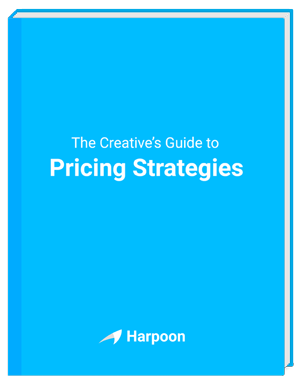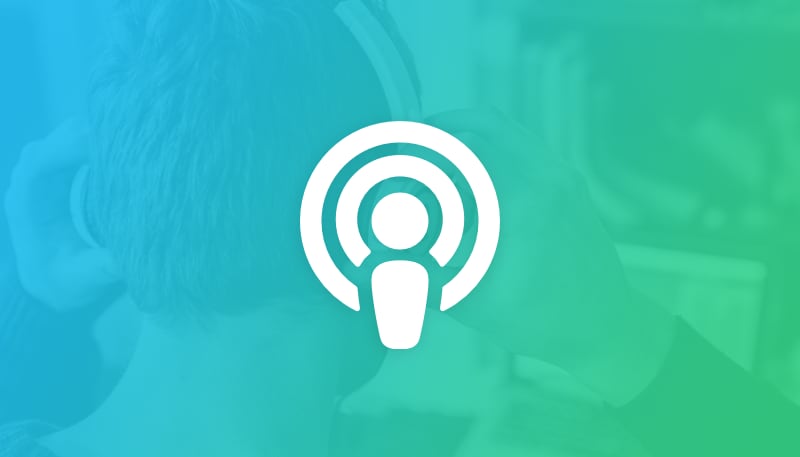
Freelancing isn’t for everybody. Sure, it can look like the ideal work setup from the outside: you establish your own schedule, you’re your own boss, and you can take the occasional Monday off every now and then. In reality though, the #freelancelife comes with a plethora of downsides not everyone can deal with. Ask any solo entrepreneur out there – if you don’t have the ability to self-motivate and lack the discipline to stick to your schedule, you’re likely doomed.
I’m not saying it’s all bad. As a matter of fact, I love every minute I spend freelancing, even those pesky 14-hour work days after an urgent project lands in my inbox. I’ve been freelancing full-time for more than a year and I can’t picture myself going back to the 9-to-5 life, at least for now. But that doesn’t mean that it’s all rainbows and butterflies. Several friends asked me whether they should give it a go as well, and I often found myself advising them against taking the plunge. As weird as it may sound, not everyone has the tools required to thrive in such an uncertain industry.
Freelancing means leaving the security of your full-time job behind and diving into the unknown. Means dealing with a fluctuating income and budgeting every penny. Chasing potential clients, following-up on invoices, and marketing yourself are mandatory. You will have to deal with bad clients and you’ll have months when your earnings will plummet. In short: what people envision their life will look freelancing full-time and reality are often very different. Think you’re ready to take the leap? Before you quit your day job, answer these six questions.
Do You Have Enough Savings?
A freelance career is uncertain. You could be making piles of money one month and earn very little the next. Having enough savings to cover your basic expenses (housing, food, medical, utilities) for at least six months is not only smart, but necessary. If you plan to leave your full-time gig behind, you need a financial cushion to rely on when clients are scarce. Sit down and calculate how much money you need to survive for half a year and don’t hand in your resignation until you’re sure you will be able to make it even if business starts slow.
Personally, I spent three months juggling my full-time job with several freelance projects until I could finally afford to quit. It was exhausting, but I have zero regrets. My savings account was healthy, so I was able to take things slow and recover once I only had my freelance gigs to worry about.
Can You Advocate for Yourself?
Being your own boss is liberating, but it’s also a lot of work. There’s no one to have your back or take the fall when something goes wrong. Plus, you will have to deal with clients on a regular basis. You will have to look for work, pitch, negotiate, set timelines and deadlines, take are of paperwork. If you’re not assertive, customers could end up taking advantage of you. Can you imagine how frustrating it is to follow up week after week on an invoice you submitted two months ago?
Of course, all the more practical things of being self-employed can be learned. On the other hand, having the patience to deal with an uncooperative client isn’t always that easy. If you’re not the type used to stand up for yourself, the road ahead won’t be a walk in the park. Quite the opposite.
Can You Handle the Isolation?
Freelancing usually equals working from home. Sure, you could work from a coffee shop every now and then or even rent a co-working space if you can afford it, but you will likely spend the majority of time in your own apartment. Are you comfortable with that? No co-workers to provide background noise, no chit-chat around the water cooler, no office gossip to keep you entertained during breaks.
If you’re an introvert who loves quiet and working alone, this might just work perfectly. But if you’re energized by being around other people, maybe this isn’t the right fit for you. There are several things you could try to make it work – schedule lunch or coffee dates during the day, network religiously, work in public places – but you need to make sure you’ll be able to handle the occasional isolation as well.
Can You Deal With a Fluctuating Income?
As I’ve already said, your earnings will likely vary from month to month. That means budgeting carefully, or sometimes even living frugally until that last check is in the mail. Can you live off PB&J sandwiches and ramen noodles for a few days? Moreover, plenty of clients don’t pay freelancers upon completion of a project, but usually within a month of an arbitrary date (like the invoice date or publication date).
Ideally, you should focus on landing a few gigs that offer a steady and regular income, so you don’t have to worry about making rent. Oh, and don’t forget that when you were employed, your company probably handled your benefits and other forms of social assistance such as health care and retirement plans. When self-employed, you have to take this burden on yourself.
Are You Disciplined?
You will be in charge of your own schedule, so discipline is a must. I have days when I’m in no mood to work, so I know how challenging it can be to muster the motivation to get out of your pajamas and turn on your laptop. However, if you want to build a solid reputation as a freelancer, it’s important to keep clients happy. Religiously meeting deadlines and going the extra mile on a project will help you make a good impression and keep clients coming back for more. When you’re just starting up, experiment with different routines/ working hours until you find the one that enables you to be your most productive self.
Do You Believe in Yourself?
This might sound cheesy, but believing in yourself is crucial when trying to make it as a full-time freelancer. To land clients you’ll have to sell yourself and prove that you’re able to handle big assignments. When you fail you’ll need to cheer yourself on to try again. Having a great support system (family, friends, cute pet) helps a lot, but ultimately you’re the one who needs to assess everything you bring to the table. And charge accordingly.
I’m not going to lie – there are a lot of advantages to being self-employed; but looking only at the bright side won’t help you objectively assess whether the #freelancelife is a good fit for you. So, are you ready to make a take the leap? Carefully consider the questions above and you will have an answer in no time.







